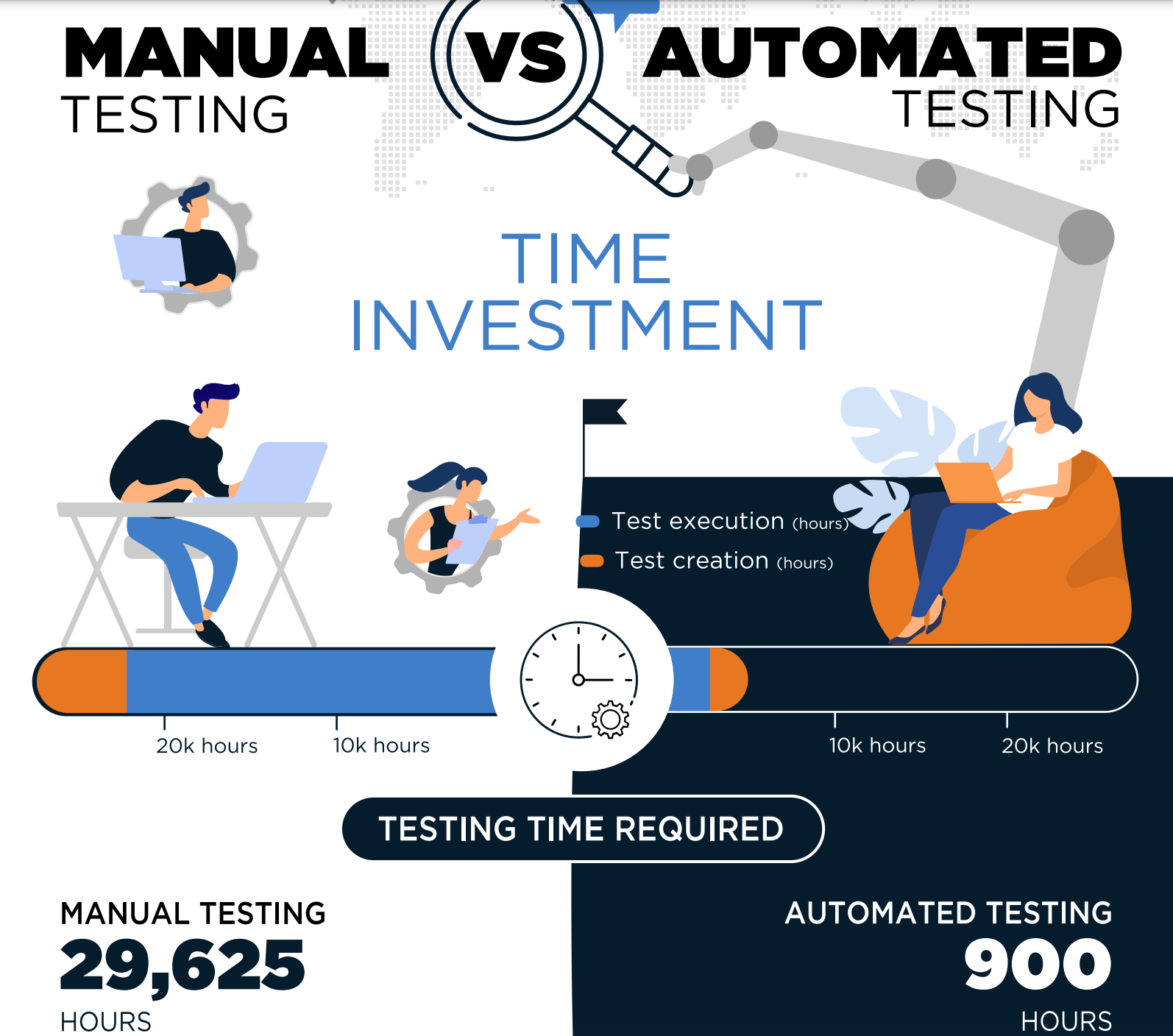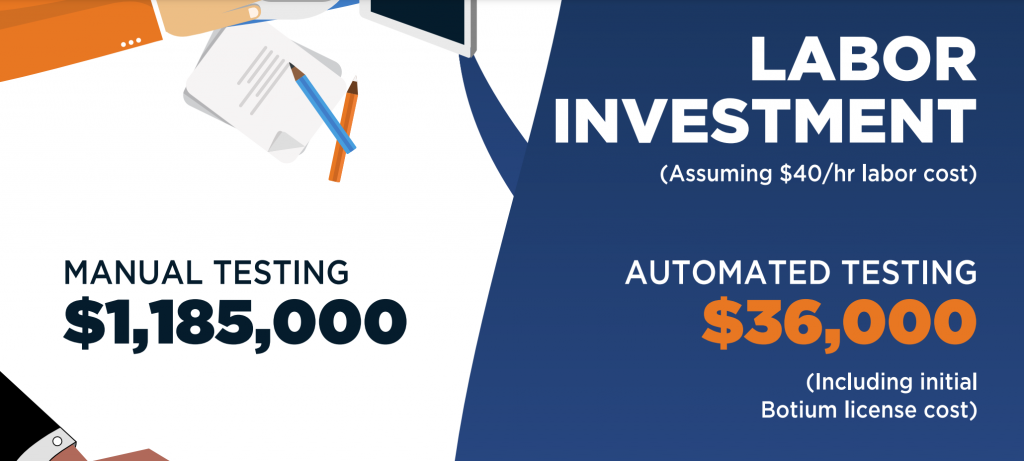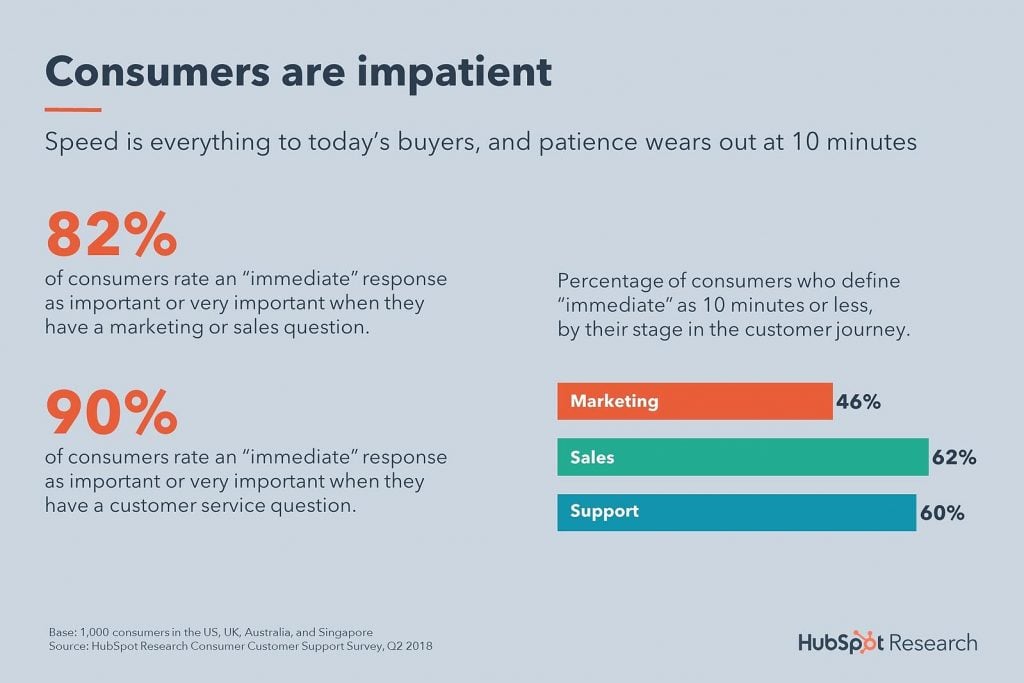This is, according to Alok Kulkarni, CEO & Co-Founder of Cyara, who I met virtually about a year ago via LinkedIn. We hadn't had much time to chat until his PR representatives reached out to me, hoping to set up our first interaction. During our time together, Kulkarni dropped a ton of insights into how companies can maintain resiliency in the face of a looming recession.
Not familair with Cyara? It is a vendor-agnostic CX (customer experience) platform founded in 2010 by migrants to Australia that focuses on enhancing CX in various aspects. Through automated testing, mainly.
Those looking to boost the experience their customers have - can leverage call routing, agent desktop testing, integrations, omnichannel, and even the quality of voice experiences - all before any less than "good" experiences get the chance to occur.
This means testing at scale and rolling out various features seamlessly, already knowing the kind of experience a consumer will have. Kulkarni, who heads up operations Cyara, told me that as the likelihood of a recession grows stronger - customer dollars become harder to earn - which could spill over to contact centers.
"This could mean that contact centers will have a sizable impact on company revenues in 2022."
He added: Even in an economic downturn, fewer customers do not mean CX should be neglected." And Kulkarni links increasing customer retention rates and a spike in profits, furthermore noting:
"This is why CX has become a top priority for business leaders, and in the era of eCommerce, customer loyalty is primarily built and maintained in the contact center."
According to a survey conducted by PWC, AI (artificial intelligence) in the workplace is becoming more common. And in 2021, AI adoption skyrocketed. It found that fifty-two percent of companies accelerated AI adoption plans because of Covid-19. Almost all, 86%, said that AI is a “mainstream technology” now.
Some of the soundest benefits of implementing various forms of effective AI in a contact center environment are higher rates of customer satisfaction, more productive agents, and cost savings. Kulkarni said; that contact center automation will enable companies to shore up resources in an unpredictable economy.

Source: Cyara
Below, I explore more of what Kulkarni had to say in our recent sitdown.
Making a Case: More Contact Center Automation
Kulkarni used to work for contact center provider Genesys and said he noticed during that time, with already various players in the market - that there was no comprehensive way to test out customer journeys consumers might experience when calling into a (then) call center.
This meant a lot of times; that companies would go live with experiences well before being checked to see how they might be for customers. What worked in production, essentially, did not always translate well to real-life customer contact situations.
Eventually, when testing became more prevalent, tests were performed manually, taking (a lot of) time. And the rate of accuracy varied. That created a lot of friction for organizations looking to provide great CX but lacked the proper ways to test them out.

Source, Cyara
All this, Kulkarni said, implies that the stakes are higher today, and he called for more automation in testing and in critical features like AI-fueled ones meant to assist agents and on things like phone lines.
Thanks to the sheer number of ways customers can reach a contact center, automation, he notes, this is a must. Today, contact center requirements are much more complex, expressly: with the introduction of omnichannel experiences: customers can reach out via email, WhatsApp, Twitter, etc.
"The cloud has made it easy for a customer to bring on pretty much any technology they want: be it VoIP, chat, AI, you merely check a box, and you can implement it straight away, without negotiating expansive contacts, bringing in massive servers, etc."
The problem largely stems from the fact that companies leverage multiple systems to pull off contact center magic daily. That's represented by a la carte services from the best-of-breed technologies on the market - in hopes of creating a superb customer experience. According to HubSpot, more than half (54%) of consumers report at least one negative customer experience (CX) in a month.
"These negative experiences can stem from technical issues with phone lines, chatbots that can’t understand (or understand quickly enough) the customer’s intent, or from agents that aren’t able to: fully resolve the customer’s issue," HubSpot wrote.

Source, HubSpot
Even with the simple (nature of) implementation of things like voice biometrics, speech recognition, chatbots, and IVR, (interactive voice response) to offset time agents spend on calls - testing is increasingly important. A recent study found that 93% of customer service teams said customers have higher expectations than ever.

Source, Intercom
Customers will Go to a: 'Competitor'
Supply-chain issues and more people working remotely; created a need for sounder experiences, and customers are looking for that. Most customers will leave a company over a 'bad' experience: a study commissioned by team collaboration app - Slack found.
They will even go to a competitor if they have a poor experience. So managing these experiences, be it from a customer calling in, chatting with a bot, or even an IVR, becomes all the more vital - a symptom of rapid cloud migration over the past few years, coupled with growing customer frustration and leverage held over brands.
Folks want continuity across experiences, not (a subpar) IVR experience, but a solid one with a human agent. If they reach out to an IVR on purpose: it is possible - that they don't want to chat with a human to resolve an uncomplicated request like a flight cancelation or to check their account balance.
They also value speed, according to Intercom, which notes that:

Source, Intercom
Customers want value and to feel the reason that they contacted support got resolved, Kulkarni told me, calling it one of the most sizable challenges for enterprises in the digital age.

Source, Intercom
"With multiple business units under the same brand, companies don't want it to appear that these groups don't interact with each other."
They have to appear as a unified firm, and when a customer reaches out via their preferred method of contact, the system or agent knows; exactly why they are reaching out. Such a feat, he contends, can only be achieved through automated testing to relieve the stress agents feel from higher-than-normal call rates.
Customers, conversely, feel tons of stress, too, with them also being on the receiving end of long wait times, etc., something that automated experience testing can only help to better, Kulkarni insists.



